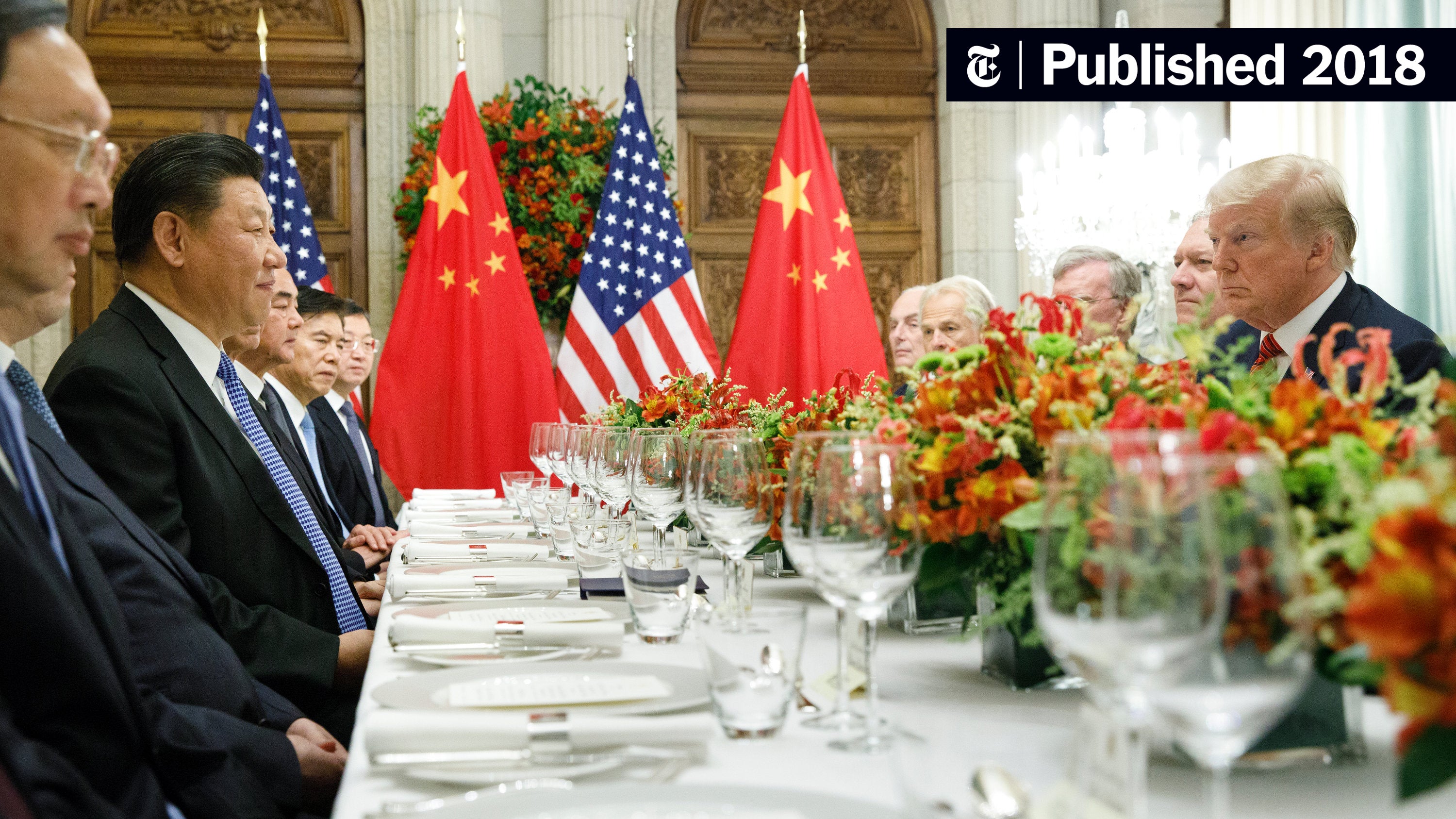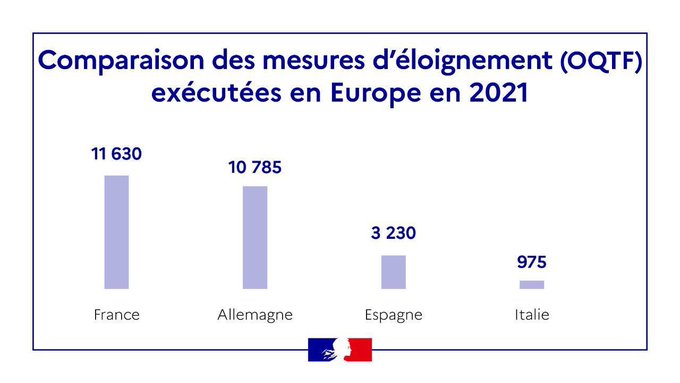Eurovision: The Impact Of International Artists On Competition

Table of Contents
Increased Diversity and Global Appeal
The involvement of international artists has undeniably enriched the Eurovision experience. This influx of talent has brought a vibrancy and diversity previously unseen.
Wider Range of Musical Styles
The participation of international artists exposes Eurovision to a significantly wider range of musical styles. Genres once underrepresented, such as electronic dance music, Latin pop, and various forms of world music, now find a platform on the Eurovision stage.
- Examples: The 2014 entry from Austria, "Rise Like a Phoenix" by Conchita Wurst, blended pop with theatrical elements. Many entries from Sweden frequently incorporate elements of electronic and pop music, while other countries bring unique folk influences to the competition.
- Impact: This expanded musical palette has significantly increased audience engagement, attracting a broader demographic and boosting viewership globally. The contest is no longer confined to traditional pop ballads; it now encompasses a diverse tapestry of sounds.
Enhanced Global Recognition
International artists often possess a pre-existing fanbase and extensive global reach. Their participation significantly increases the Eurovision Song Contest's international visibility and popularity.
- Examples: The participation of artists with established international careers has led to increased social media engagement and higher streaming numbers for Eurovision entries. This increased exposure translates into broader global recognition for the contest itself.
- Impact: This enhanced global recognition translates into increased sponsorship opportunities and the expansion of broadcasting rights to new territories, furthering the competition's reach and influence.
Challenges to National Identity and Tradition
While the benefits of international artists are clear, their involvement also raises important questions regarding national identity and the core purpose of the Eurovision Song Contest.
Dilution of National Representation
A common criticism is that the increasing involvement of international artists dilutes the representation of participating nations' unique musical cultures and traditions. The emphasis shifts from showcasing national identity to pursuing broader global appeal.
- Examples: Debates often arise when a country's entry is primarily composed or performed by an international artist, leading to questions about its authenticity in representing the national identity. This can lead to controversies and discussions about the "spirit" of the competition.
- Analysis: The tension lies in balancing the desire to represent national identity with the need to create a globally appealing entry. Striking this balance is a continuous challenge for participating countries.
Potential for "Eurovision-washing"
Concerns exist about the potential for "Eurovision-washing"—the strategic use of international artists to artificially boost a country's performance without a genuine cultural connection. This raises ethical questions about the integrity of the competition.
- Examples: Instances where countries appear to leverage international talent for their perceived popularity without a meaningful connection to the nation's musical heritage have prompted criticism.
- Analysis: This practice undermines the intended purpose of Eurovision, potentially reducing it to a mere popularity contest rather than a celebration of national cultures and musical identities.
The Evolution of Eurovision's Rules and Regulations
The influx of international artists has necessitated significant adaptations to Eurovision's rules and regulations. The contest's organizers have had to address the challenges and opportunities presented by this changing landscape.
Adapting to the Changing Landscape
Eurovision has responded to the evolving participation dynamics by adapting its rules. These changes aim to balance inclusivity with the core principles of the competition.
- Examples: Changes in nationality requirements, songwriting credits, and performance restrictions reflect the ongoing effort to define appropriate levels of international collaboration while maintaining the essence of national representation.
- Analysis: These rule adjustments demonstrate the competition's flexibility and capacity to adapt to the changing realities of the global music industry.
Balancing Inclusivity and Authenticity
Eurovision continually strives to balance its commitment to cultural diversity with the preservation of its unique national identity aspects. This delicate balance is a continuous work in progress.
- Examples: The ongoing debate surrounding the eligibility of artists and songwriters showcases the complexity of this balance.
- Analysis: Finding the optimal point between inclusivity and authenticity is a crucial aspect of maintaining the integrity and appeal of the Eurovision Song Contest.
Conclusion
The impact of Eurovision international artists is undeniably complex. While it has undeniably broadened the musical horizons of the competition, increased global appeal, and enhanced diversity, concerns about the dilution of national representation and the potential for superficial exploitation remain. Eurovision's evolving rules and regulations reflect its ongoing attempt to navigate this intricate landscape. To fully grasp the dynamics shaping the future of Eurovision, continued research into the specific impact of individual artists and evolving rules is critical. Therefore, continued discussion about the role of Eurovision international artists is vital to ensure the competition’s continued success and relevance.

Featured Posts
-
 Stocks Power Global Risk Rally Amidst U S China Truce
May 14, 2025
Stocks Power Global Risk Rally Amidst U S China Truce
May 14, 2025 -
 Yuval Raphael Everything You Need To Know About Israels Eurovision 2025 Act
May 14, 2025
Yuval Raphael Everything You Need To Know About Israels Eurovision 2025 Act
May 14, 2025 -
 Pokemon Ruby And Sapphire Starters Recreated In Lego By Dedicated Fan
May 14, 2025
Pokemon Ruby And Sapphire Starters Recreated In Lego By Dedicated Fan
May 14, 2025 -
 Is Dean Huijsen The Next Premier League Star Transfer Rumours Heat Up
May 14, 2025
Is Dean Huijsen The Next Premier League Star Transfer Rumours Heat Up
May 14, 2025 -
 Position De Retailleau Sur Les Oqtf Dans Les Collectivites D Outre Mer Saint Pierre Et Miquelon
May 14, 2025
Position De Retailleau Sur Les Oqtf Dans Les Collectivites D Outre Mer Saint Pierre Et Miquelon
May 14, 2025
